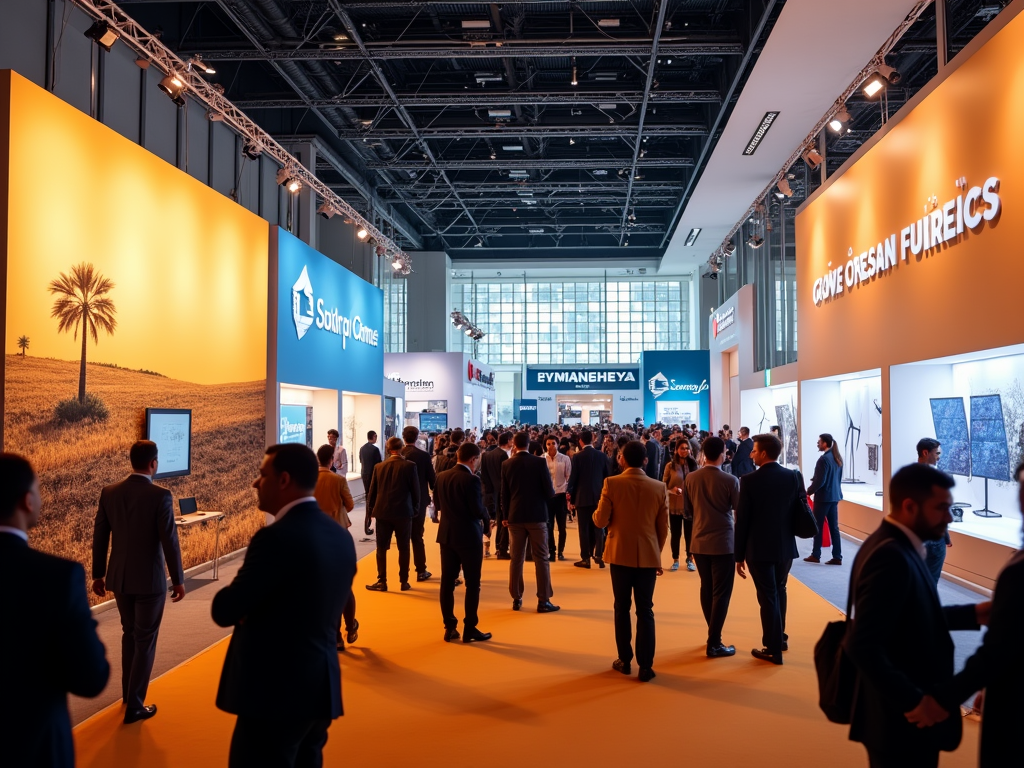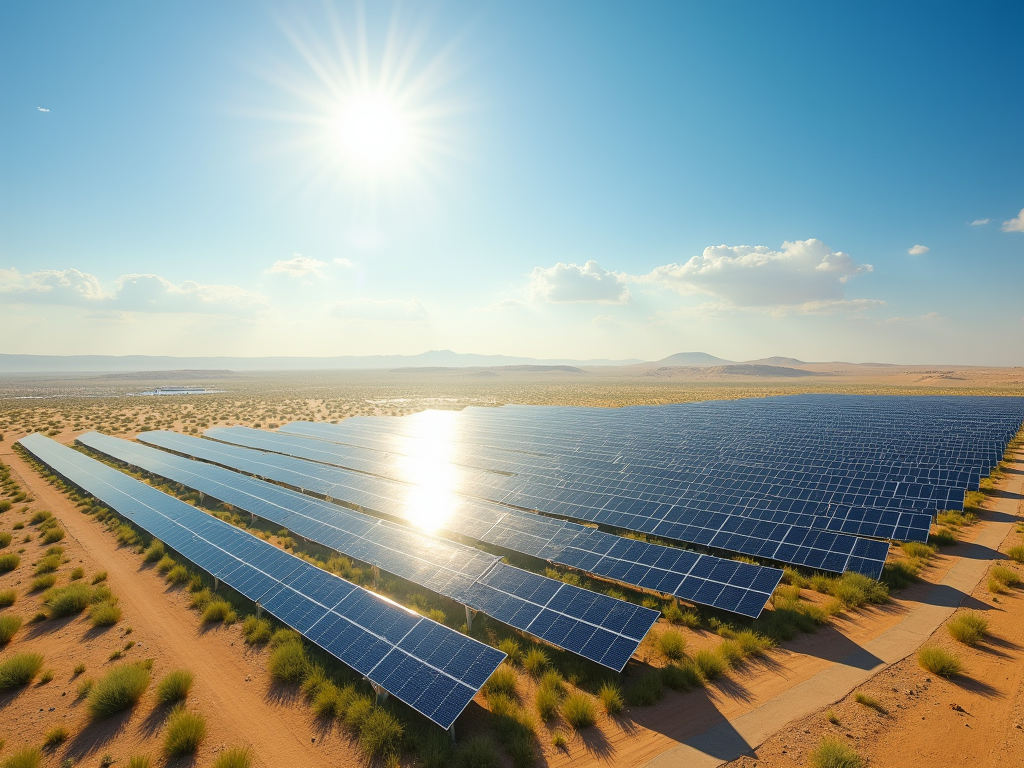Dubai is rapidly positioning itself as a leader in the renewable energy sector, not only within the UAE but also on a global scale. This growth is primarily driven by the city’s strategic investments in solar energy, regulatory policies that favor green initiatives, and a burgeoning interest in sustainable practices worldwide. As the demand for cleaner energy sources escalates, Dubai is harnessing its abundant solar resources to create a competitive export market that capitalizes on its geographical advantages and technological advancements. This article explores the factors contributing to the rise of Dubai’s renewable energy export market and offers insights into what the future may hold.
Key Drivers of Dubai’s Renewable Energy Sector

The growth of Dubai’s renewable energy export market can be attributed to multiple factors that create a favorable environment for development. Key drivers include:
- Government Initiatives: The UAE government has set ambitious targets to produce 50% of its energy from renewable sources by 2050, accompanied by policies that promote investment in clean energy technologies.
- Innovative Technology: Technological advancements in solar panels and energy storage systems have reduced costs and increased efficiency, making renewable energy more appealing for export.
- International Partnerships: Dubai is actively engaging in strategic partnerships with countries and organizations focused on renewable energy, facilitating knowledge exchange and investment opportunities.
- Infrastructure Development: Significant investments in infrastructure, such as the Mohammed bin Rashid Al Maktoum Solar Park, are enhancing Dubai’s capacity to generate and export renewable energy.
- Global Demand: A growing global demand for renewable energy solutions encourages Dubai to develop its export capabilities, positioning the region as a significant supplier in the international market.
Investment Trends in Renewable Energy

Investment in renewable energy projects has skyrocketed in Dubai, with funds flowing into solar, wind, and other sustainable energy sources. Recent statistics show that the region is poised to attract $20 billion in renewable energy investments by 2030. Major trends influencing this investment boom include:
- Public-Private Partnerships: Collaboration between government entities and private investors is fostering innovative projects that drive renewable energy expansion.
- Venture Partnerships: International venture capitalists are increasingly investing in Dubai’s renewable sector, recognizing its potential for high returns.
- Green Bonds: The launch of green bonds by Dubai’s financial institutions is providing an additional funding avenue for sustainable energy projects.
- Investor Confidence: A stable political climate and a commitment to sustainability have increased investor confidence in the region, leading to more robust investment channels.
Despite the promising developments, Dubai’s renewable energy export market does face several challenges that could impede its growth. These include:
- Regulatory Hurdles: Navigating the complex regulatory landscape of different countries can pose a challenge for exporters.
- Market Competition: Competitors from other nations with established renewable energy markets can affect pricing and positioning.
- Technological Adaptation: Continuous innovation is necessary to keep pace with global advancements, requiring ongoing investment in R&D.
- Infrastructure Limitations: While significant progress has been made, further development of export-friendly infrastructure is needed for smooth operations.
- Public Perception: Overcoming traditional reliance on fossil fuels within the region requires extensive educational campaigns to alter public perception.
Future Outlook for Dubai’s Renewable Energy Market
Looking forward, the prospects for Dubai’s renewable energy export market appear exceptionally bright. As the world pivots towards sustainability, Dubai is strategically positioned to exploit its natural resources and technological prowess. Future developments may include:
- Increased Capacity: By expanding its energy generation capacities, Dubai can become a leading renewable energy exporter.
- Innovative Solutions: Ongoing research and development may yield breakthrough technologies to enhance efficiency in energy production.
- Growing International Markets: Expansion into new markets is anticipated, with a focus on regions looking to reduce carbon footprints.
- Enhanced Policy Framework: Continued government support and policies that favor sustainability could facilitate growth and investment.
- Collaborative Efforts: Increased cooperation with other nations will drive innovation and shared knowledge in the renewable energy sector.
Conclusion
Dubai’s renewable energy export market is witnessing unprecedented growth, fueled by government initiatives, technological innovations, and a global shift towards sustainability. As the emirate continues to invest in infrastructure and forge international partnerships, it is poised to emerge as a key player in the global renewable energy landscape. Addressing challenges such as regulatory hurdles and market competition will be essential for sustained growth. The future of Dubai’s renewable energy market seems promising, paving the way for a greener and more sustainable world.
Frequently Asked Questions
1. What is Dubai’s renewable energy target for 2050?
Dubai aims to produce 50% of its energy from renewable sources by 2050, making significant strides toward sustainability.
2. How much investment is Dubai expecting in renewable energy by 2030?
Dubai anticipates attracting $20 billion in renewable energy investments by 2030, showcasing confidence in this sector’s growth.
3. What are the main renewable energy sources in Dubai?
Dubai primarily focuses on solar energy, alongside wind and other renewable sources, to meet its energy needs and export ambitions.
4. What challenges does Dubai face in the renewable energy market?
Challenges include regulatory hurdles, market competition, technological adaptation, infrastructure limitations, and public perception of renewable energy.
5. How does Dubai plan to overcome these challenges?
Dubai plans to address these challenges through innovative solutions, enhancing policy frameworks, and improving educational outreach to foster acceptance.
